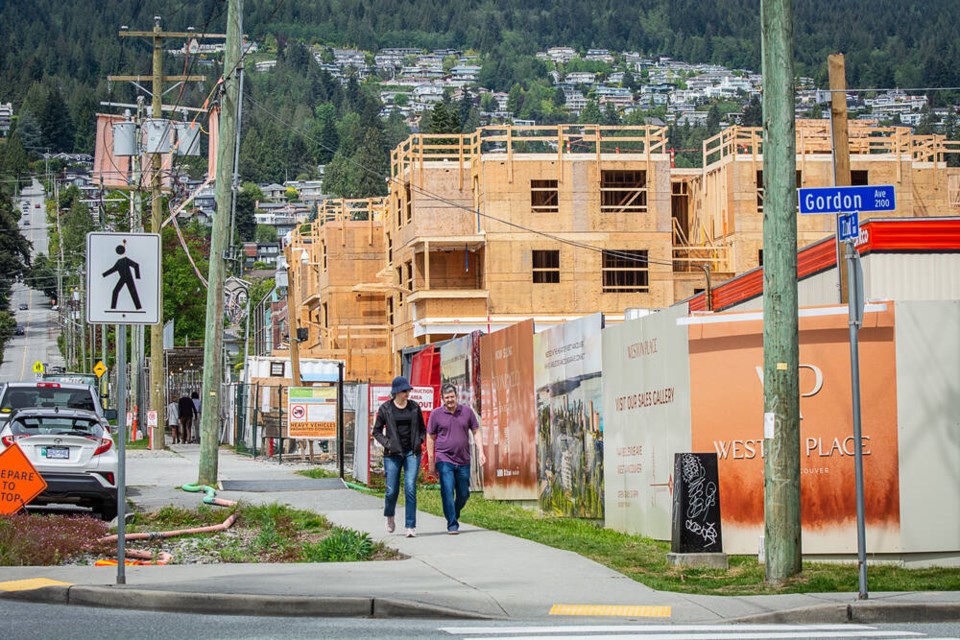The District of West Â鶹´«Ă˝Ół»council has rejected a rezoning that would have allowed additional coach houses and secondary suites on about 200 residential properties and brought the district in line with new provincial legislation.
The vote to reject the plan comes after the province gave municipalities a deadline of June 30 to bring local bylaws in line with new rules allowing greater density on single-family lots to supply more “small scale housing.”
Most single-family lots in the rest of West Â鶹´«Ă˝Ół»already allow both secondary suites and coach houses, so wouldn’t have been impacted by the change.
But about 220 properties – or about 1.6 per cent of the total in the district – stood to have their allowable density increased as a result of the provincially mandated change (about 40 of the properties already have apartments, so the real number impacted is closer to 180).
The rules about how many dwellings must be allowed on lots varies depending on the size of the lot and how far it is from major bus routes.
Senior planner David Hawkins previously stressed to council the new rules don’t require owners to build on their properties and will only impact property owners who decide they want to build additional housing on their lots.
Council lambasts top-down approach from province
But after directing staff to prepare the rezoning bylaw in April, on Monday, May 27, council voted unanimously to reject it, with several councillors stating they don’t intend to have local zoning changes dictated by Victoria.
Coun. Linda Watt led the charge, saying she was voted in by the citizens of West Vancouver, doesn’t represent the province and “I’ll continue to represent their best interests and vigorously oppose any entity that seeks to destroy the nature and character of our community.”
Watt accused the province of moving at a “reckless pace” to ram down blanket rezoning that ignores decades of careful planning by local government.
Watt added it’s not West Vancouver’s fault that the federal government “[opened] the floodgates” to one million immigrants a year and exacerbated the housing crisis.
Coun. Christine Cassidy, who described the provincial rules as “an extreme form of socialism, bordering on communism” during the last discussion, said she would never vote in favour of such a rezoning.
700 housing units already in progress
Coun. Sharon Thompson added the district has been making progress on “gentle infill” and has nearly 700 housing units expected through developments now in progress or already approved above Highway 1.
She added a number of residential apartments already built in West Â鶹´«Ă˝Ół»aren’t occupied.
“We’re not stopping people from coming to our community,” she said.
Council voted unanimously to reject the rezoning, with Coun. Nora Gambioli absent from the meeting.
Council already voted previously to make a case to the province to exempt 34 lots on Eagle Island from the new rules, saying densifying the island could bring a host of unintended consequences, including strain on infrastructure and the marine environment.
It’s unclear what the next steps will be now.
According to the province, if municipalities don’t pass the required rezoning by June 30, the minister can overrule the local government to force the bylaw changes, including issuing a “ministerial override to enable the density and apply basic site standards, such as setbacks, height requirements and lot coverage.”
In a statement, the ministry added, “The province intends to use that tool if necessary.”

